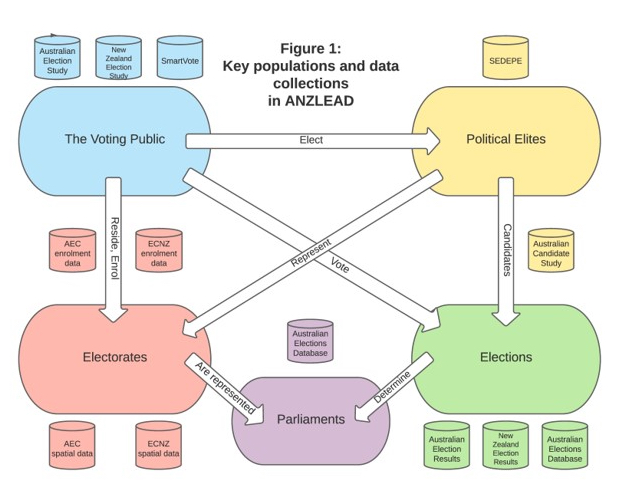Data can have social and economic impact. How you might ask?
Data enabled social science research has key part to play in making decisions that can effect on peoples’ lives and society. Collecting together the right data, curating and structuring it carefully to answer social science research questions quickly and effectively enables research to inform changes in public policy and institutions or social attitudes.
Political science research for example has demonstrated that perceived economic deprivation and high immigration encourages dissatisfaction with democracy and encourages support for far right groups, but little is known about variation in perception across time or geographical location, or by exposure to different types of media. To enable political science researchers to address this question, data needs to be brought together from various sources such as:
- public opinion
- group membership
- geographical location
- national and regional changes in macro-economic conditions
- mainstream and social media use
The data asset created through the ANZLEAD project will be integrating data on citizens and political elites, and within a cross-time context (see Figure 1).

Undertaking this data curation will enable political scientists to test a comprehensive range of explanations for the current democratic malaise e.g., how citizens and political elites perceive each other as well as alternatives to representative democracy. By understanding the distinctive interaction between institutions, political behaviour and elite characteristics, political scientists can gain a unique perspective on how institutional design affects democracy and what institutional arrangements will deliver optimum settings for citizens and society.
Image credit: Peter Fletcher Democracy Pixels Poster cc-by-nc 2.0
